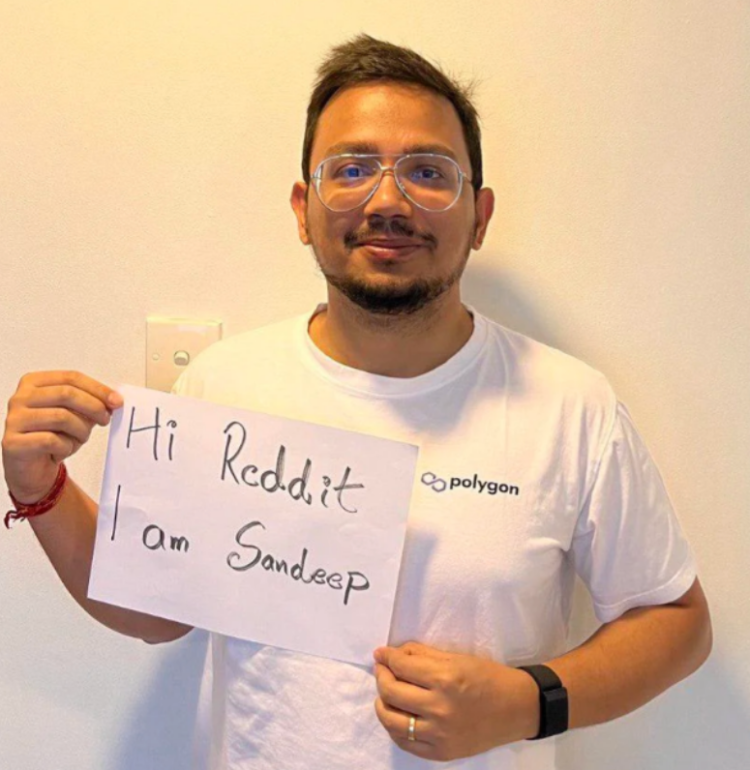Polygon Labs is doubling down on zero-knowledge (ZK) solutions, and its co-founder, Sandeep Nailwal, will champion the cause in the newly created role.

On May 29th, Polygon Labs announced the expansion of Sandeep Nailwal’s position to that of chief business officer (CBO) in addition to his current duties as executive chairman and co-founder.
Nailwal will emphasize expanding Polygon-developed tools associated with ZK-proofs—cryptographic techniques that enable one party to demonstrate another’s knowledge of a particular value without revealing the actual value—to establish the new position.
Nailwal will focus on utilizing Polygon CDK, a ZK-based software framework that facilitates the creation of layer-2 (L2) chains and transitions between chains on Ethereum for developers.
Launched in February 2024, the two-component decentralized protocol AggLayer will have the executive laying the groundwork for developer and technology integrations.

Nailwal’s formal appointment as CBO follows two years as executive chairman at Polygon, during which time he oversaw strategy and execution for several months. According to the announcement, the transition is now nearly finalized and operationalized under CEO Marc Boiron.
Boiron stated, “Sandeep’s daily execution on the most critical projects continues to be invaluable to us.” He said that Nailwal has maintained an active relationship with enterprises and developers for the duration of his industry career, including since the inception of the Polygon network.
Nailwal stated, “Polygon Labs is developing revolutionary, extraordinary technology that will furnish enterprises and developers with innumerable prospects to expand rapidly and securely while maintaining liquidity.”
Polygon, a blockchain platform that debuted in 2017, endeavors to develop a scalable Ethereum-compatible multi-chain blockchain system.
Polygon, which operates on the Ethereum blockchain, provides scalability technologies that eliminate additional adoption complexities, accelerate transaction speed, and alleviate congestion.
Blockchain developers can substantially augment scalability by physically executing transactions on L2s and ZKs without relying on the primary Ethereum blockchain.
For instance, following the Dencun upgrade of the mainnet Ethereum network in March, transaction fees for specific Ethereum L2 protocols decreased by 99 percent, while the entire network was excessively congested.
